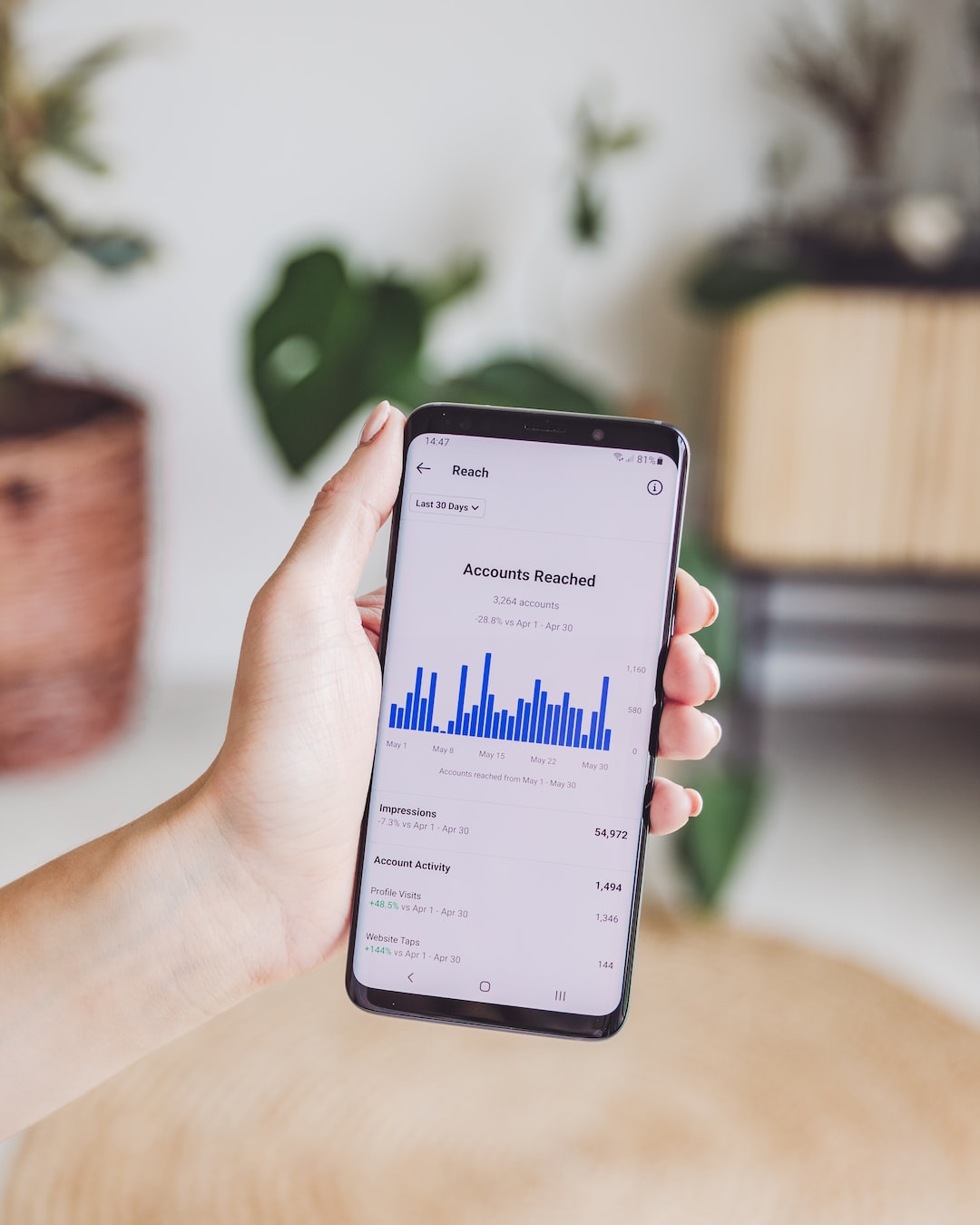Social media activism has become a powerful tool in driving real-world change. Through platforms like Twitter, Facebook, and Instagram, individuals and communities can come together to raise awareness, mobilize supporters, and create significant impact on important social, political, and environmental issues. This blog post explores the role of social media activism and how online movements drive real-world change.
First and foremost, social media activism has the ability to rapidly disseminate information and reach a vast audience. With just a few clicks, a message or call to action can be shared with thousands or even millions of people around the world. This speed and accessibility allow online movements to gain traction quickly and generate widespread support. For example, the #BlackLivesMatter movement gained momentum through social media, leading to real-world protests and policy changes aimed at addressing systemic racism and police brutality.
In addition to raising awareness, social media activism enables the amplification of marginalized voices. Online platforms provide a space for individuals and communities who have historically been silenced or ignored to have their stories and experiences heard. This is particularly important in the fight for social justice, as it allows issues affecting minority groups to be brought to the forefront and demand action. Movements like #MeToo and #SayHerName have shed light on issues such as sexual harassment and violence against women, pushing for changes in societal attitudes and legal systems.
Furthermore, social media activism facilitates community building and mobilization. Online campaigns often create virtual spaces where like-minded individuals can connect, share resources, and support one another. These communities provide a sense of belonging and support, which is crucial for sustaining movements over the long term. They also serve as platforms for organizing protests, rallies, and other direct actions, allowing online movements to transition into tangible real-world initiatives.
Moreover, social media activism holds institutions and individuals accountable. By using these platforms to expose injustice and hold those responsible to scrutiny, online movements can pressure governments, corporations, and influential figures to enact change. From demanding corporate responsibility to exposing political corruption, social media activism has proven to be an effective means of accountability in the digital age.
Finally, social media activism allows for individual contributions, no matter how small, to make a difference. Sharing a post, signing a petition, or donating to a cause can contribute to the collective impact of an online movement. These small actions inspire others to join, creating a ripple effect that can drive substantial change.
In conclusion, the role of social media activism should not be underestimated. Online movements have the power to raise awareness, amplify marginalized voices, mobilize communities, hold institutions accountable, and create real-world change. As we continue to navigate an increasingly digital world, it is crucial to recognize the potential of social media activism and support online movements in their pursuit of a just and equitable society.

